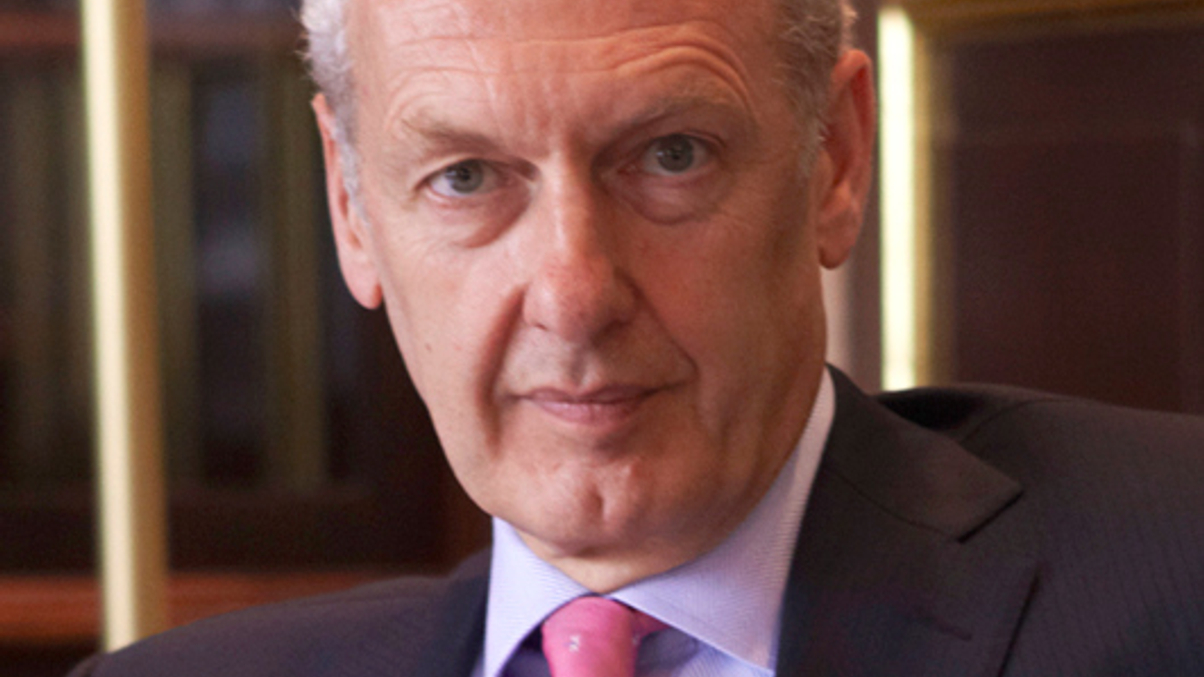Fidelity's Bolton admits bad China bets, but stays bullish
The star fund manager, whose China Special Situations Fund is down 29% since inception, has been hurt by accounting scandals in small caps, but resolutely keeps the portfolio unchanged.

Fidelity fund manager Anthony Bolton, whose star has fallen somewhat after his China Special Situations Fund lost over 20% since inception last April, has admitted he made bad bets on China stocks last year.
Sign in to read on!
Registered users get 2 free articles in 30 days.
Subscribers have full unlimited access to AsianInvestor
Not signed up? New users get 2 free articles per month, plus a 7-day unlimited free trial.
¬ Haymarket Media Limited. All rights reserved.


